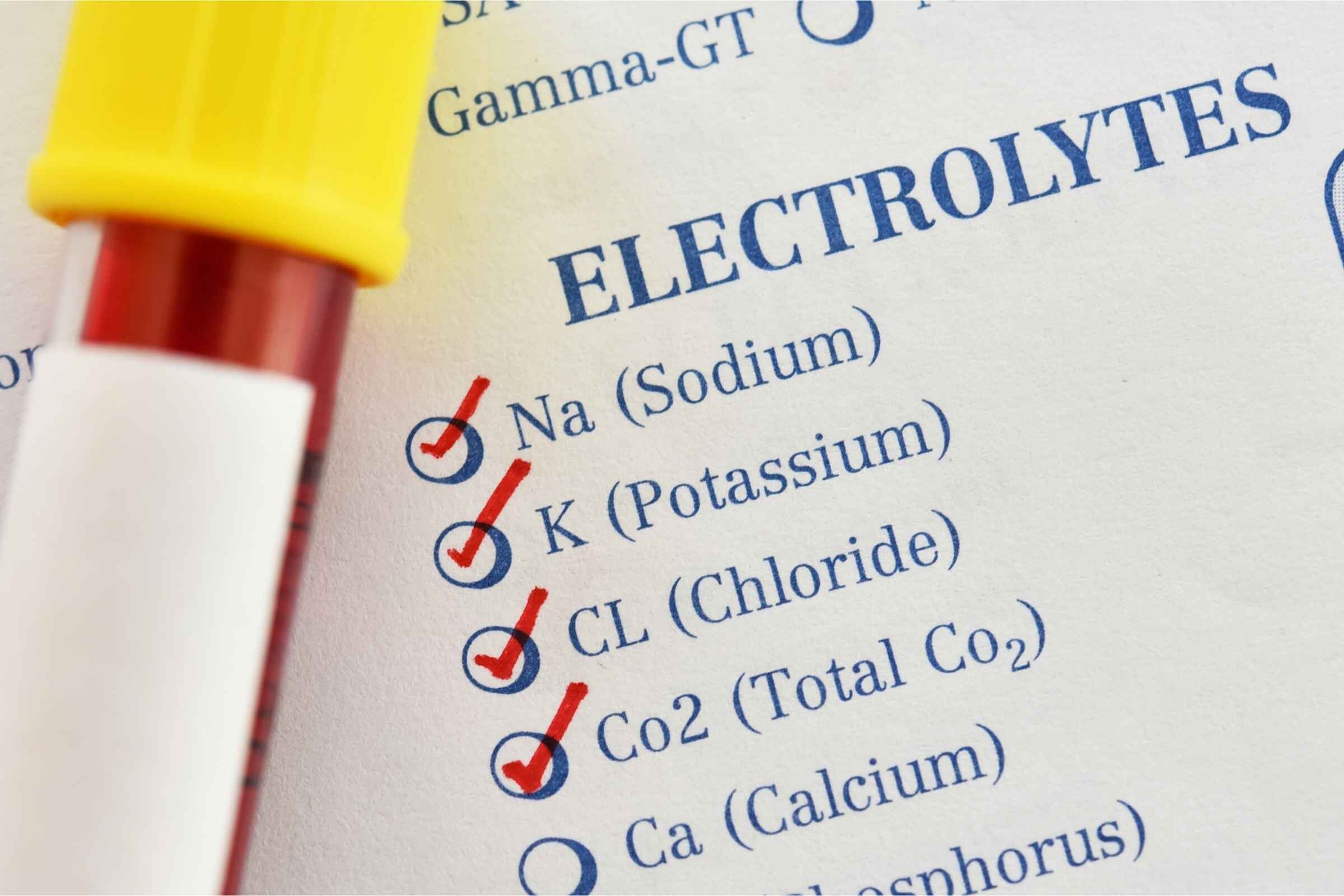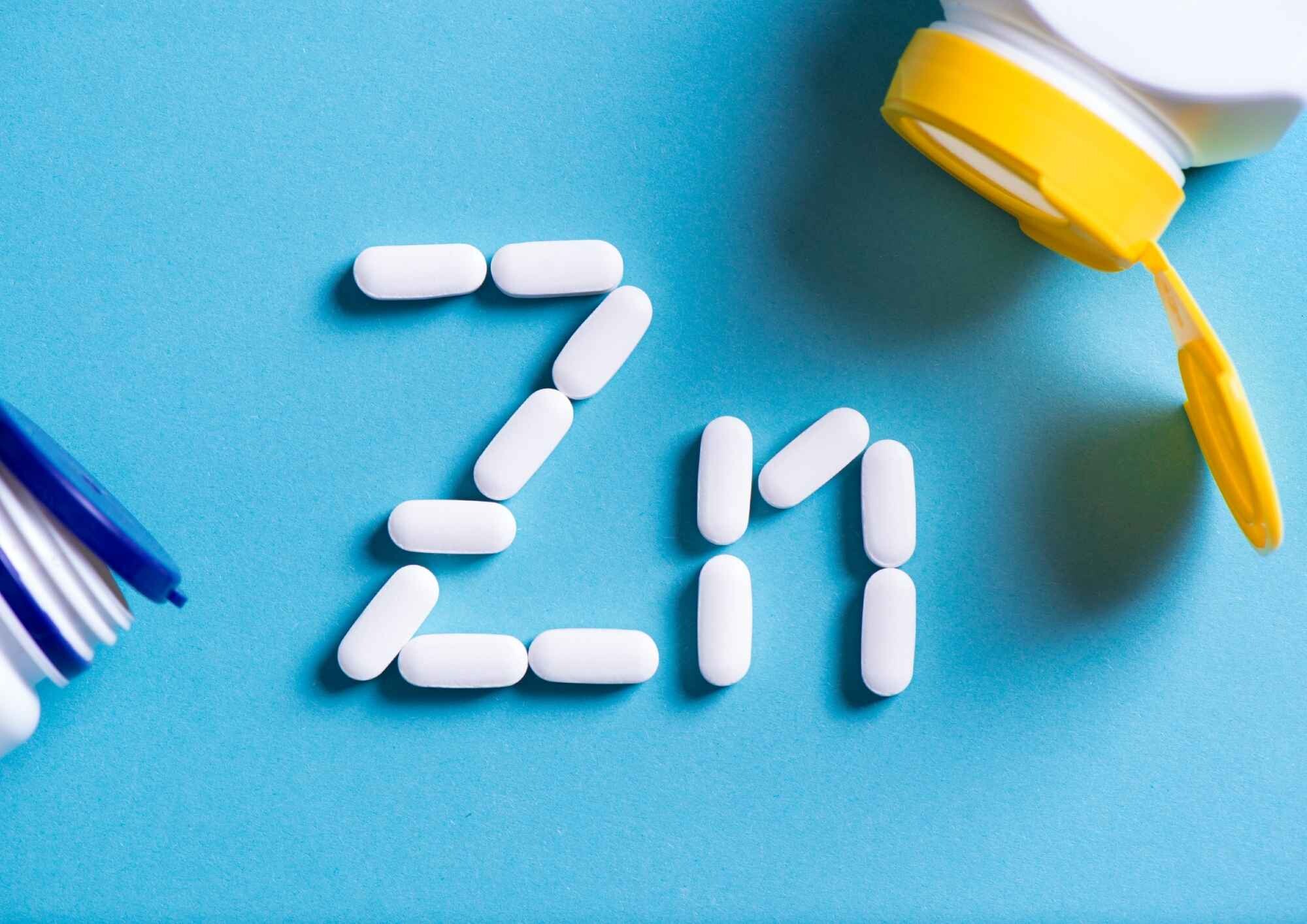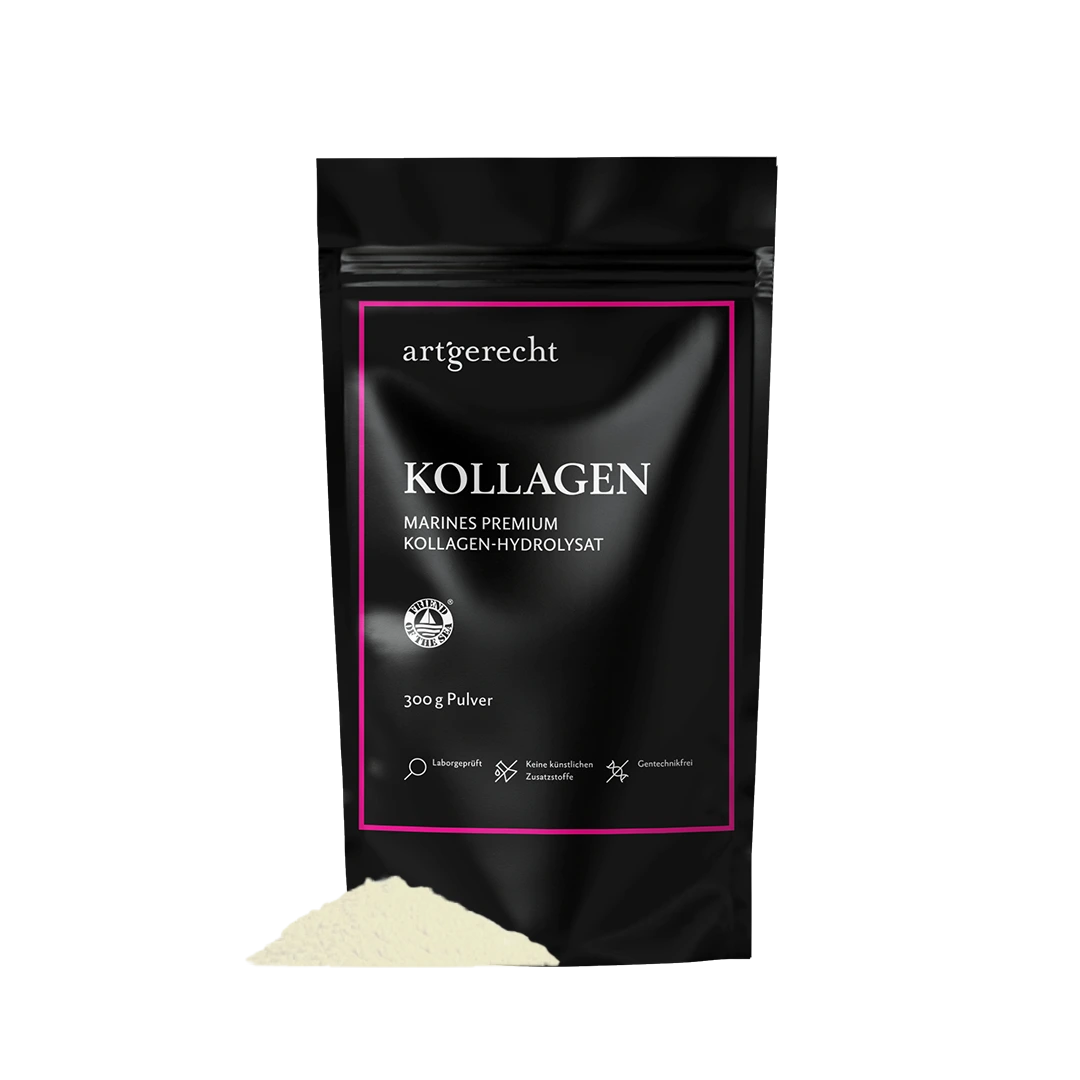The current common explanation of how obesity develops is quite simply summarized: Overweight people eat too much and exercise too little. But is this wrong? Because in addition to weight gain, stress is now a common factor across all sections of the population. And if you take a closer look at its effects on the body, it becomes clear why there is a link to weight.
How does stress affect the body?
Stress is a system that serves to provide energy to ensure our survival. For this reason, the energy supply for organs that are not vital at this moment is greatly reduced. [3] Put simply, it makes no sense to run away from a tiger and invest energy in digestion at the same time. Because in the worst case, we no longer benefit from good digestion.
Short-term stress, which is known in evolutionary terms, increases our metabolism and enables us to perform. In comparison, chronic tension leads to low inflammation and a reduced basal metabolism[4].
.| New stress factors | Old stress factors |
| High meal frequency, carbohydrate-rich meals, too much linoleic acid (omega 6), junk food | Natural hazards (fight/flight) |
| Mobile phone, TV, newspapers, internet | Hunger |
| Driving, lack of exercise | Thirst |
| Continuous lärm | Kälte |
| Mortgage, shares, finances, job | Heat |
The figure shows the new stress factors that activate our immune system in the long term, especially when they occur simultaneously. The chronic activation of the immune system in turn has the effect of reducing the basic consumption of calories. And if we do not curb our appetite, this can also promote weight gain. The old stress factors, on the other hand, do the opposite and help us to be slim and healthy.
Cortisol is one of the most important hormones of the stress axis and helps to provide energy for the stress response. It has various effects on our body, such as increasing blood sugar levels and blood pressure as well as inhibiting the immune system. It also inhibits the production of insulin and ensures that non-essential organs do not benefit from the increased energy supply. Overall, the hormone cortisol has a catabolic (= degrading) effect and activates thus energy-releasing metabolic processes. This is because by breaking down the body's own substances or food, the body begins to extract nutrients from the muscles in order to gain energy. Interestingly, cortisol also stimulates the breakdown of fat from fat cells so that it can be converted into energy.
Was kann Cortisol noch?
Cortisol is not only an important hormone of the stress axis, but also a biorhythm hormone. Together with the sleep hormone melatonin, cortisol levels influence our day/night rhythm and help us to get up in the morning feeling energized and motivated. You can find out more in the article Sleep problems: Artful tips for healthy sleep.
How can you gain weight through stress?
If we have a constantly high level of stress, our brain pull system no longer functions adequately and our brain loses performance. The body then tries to compensate for the loss of brain power by stimulating the appetite and we eat more food. [5] All in all, these factors lead to storage of additional calories in the form of fatty tissue and thus to weight gain in the long term.
Weight gain due to stress. What can I do?
As we have seen, stress and weight gain are linked by several elements. Both our perception and behavior as well as our physiology and biochemistry play a role. [6] For this reason, stress reduction programs also show a positive effect on weight or on the risks associated with weight gain. [7]
The most important options summarized once again:
- Cold showers, cold water or bathing in lakes and rivers
- Regular walks consume a few extra calories, especially in the form of fat
- Short, intense exercise sessions immediately before meals
- Exercise on an empty stomach (no food intake for at least five hours beforehand)
- Schedule a „eating day“ once a week. On this day, consume a particularly large amount of the (optimal) foods
- Increase the amount of fiberthrough green vegetables, root vegetables
- increase your protein intake: Fish, poultry, seafood, nuts
- Reduction of carbohydrates and especially starch from potatoes and cereals
- Interventions for a biological intestinal flora: fermented cabbage (sauerkraut), root vegetables, snails, mussels and shrimps with a high content of beneficial bacteria
- Süßs and other „addictive substances“ don't buy them in the first place, then it's easier to resist in weak moments
- Two to three meals a day, without snacks in between, are optimal
Which diet helps combat the effects of stress?
A type-appropriate diet has a very positive effect on the stress axis and also on our metabolism. The following foods are particularly positive in this context:
- Algae
- Artichokes
- Avocado
- Curcuma
- Eggs
- Fish
- Poultry
- ginger
- garlic
- coriander
- seafood and shellfish
- parsley
- Mushrooms
- Beetroot
- Rucola
- Sage
- Snails and insects
- Black root
- li>Fruits, especially mango, papaya, pineapple
- Tamarind
- Vanilla
Also considered helpful:
- Leek
- Nuts
- Süßpotato
- Zucchini
- Onion
Avoid above all:
- Fructose
- Cereals
- Sugar
- Industrially produced finished products
- Industrially produced fruit and vegetables
- Industrially produced fruit and vegetables
- Meal frequency (> 19x/week)
- Drinks and energy drinks
Our conclusion
Overweight and stress can be mutually dependent, and prolonged stress is particularly harmful. With the help of our tips, you can support your body in strengthening your immune system, activating your metabolism and dealing better with stressful situations. This will also make stress-related weight gain less likely.
Literature:
- Lund Madsen, P. et al. Journal of Cerebral Blood Flow and Metabolism Persistent Resetting of the Cerebral Oxygen/Glucose Uptake Ratio by Brain Activation: Evidence Obtained with the Kety-Schmidt Technique. (1995).
- Hitze, B. et al. How the selfish brain organizes its supply and demand. Front. Neuroenergetics 2, 7 (2010).
- Peters, A. & McEwen, B. S. Stress habituation, body shape and cardiovascular mortality. Neurosci. Biobehav. Rev. 56, 139–150 (2015).
- Hitze, B. How the selfish brain organizes its supply and demand. Front. Neuroenergetics 2, 7 (2010).
- Kyrou, I. & Tsigos, C. Stress hormones: physiological stress and regulation of metabolism. Current Opinion in Pharmacology 9, 787–793 (2009).
- Peters, A., Kubera, B., Hubold, C. & Langemann, D. The selfish brain: Stress and eating behavior. Front. Neurosci. 5, 1–11 (2011).
- Tomiyama, A. J. Stress and Obesity. Annual Review of Psychology 70, 703–718 (2019).











